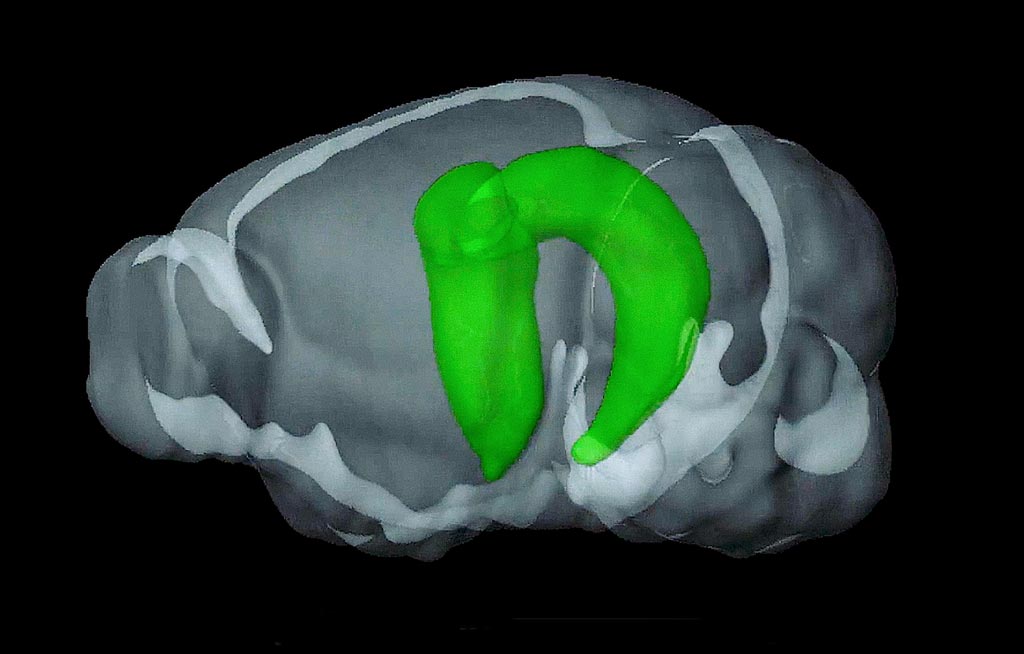Scientists Reveal New Functionality in Hippocampus
By MedImaging International staff writers
Posted on 10 Oct 2017
A team of researchers has revealed new insights into the role of the hippocampus in complex brain networks.Posted on 10 Oct 2017
The researchers have made breakthroughs that offer new insights into how the hippocampus influences functional integration between different, spatially separated regions of the brain. The hippocampus may be damaged by Alzheimer's disease, as well as other types of dementia, and this can result in short-term memory loss or disorientation. Damage to the hippocampus is also related to diseases such as schizophrenia, epilepsy, transient global amnesia, and Post-Traumatic Stress Disorder (PTSD).

Image
The findings were published in the August 2017 issue of the US journal Proceedings of the National Academy of Sciences (PNAS) by researchers from the University of Hong Kong (Pokfulam, Hong Kong).
The researchers showed that low-frequency activities in the hippocampus region of the brain, can enhance sensory responses, and drive functional connectivity in various parts of the cerebral cortex enhancing vision, hearing, and touch responses. The results also suggest this activity in the hippocampus can help learning and memory, during periods of slow-wave or deep sleep.
The scientists used functional Magnetic Resonance Imaging (fMRI), resting-state functional MRI (rsfMRI), for their research, and showed the potential of MRI and neuromodulation for the early diagnosis and treatment of brain diseases.
In their study the researchers found that low-frequency optogenetic excitation of the dorsal dentate gyrus region of the hippocampus, caused cortical/sub-cortical activities beyond the hippocampus and around the brain. The results also showed the significance of low-frequency activity in the hippocampus.
Related Links:
University of Hong Kong














